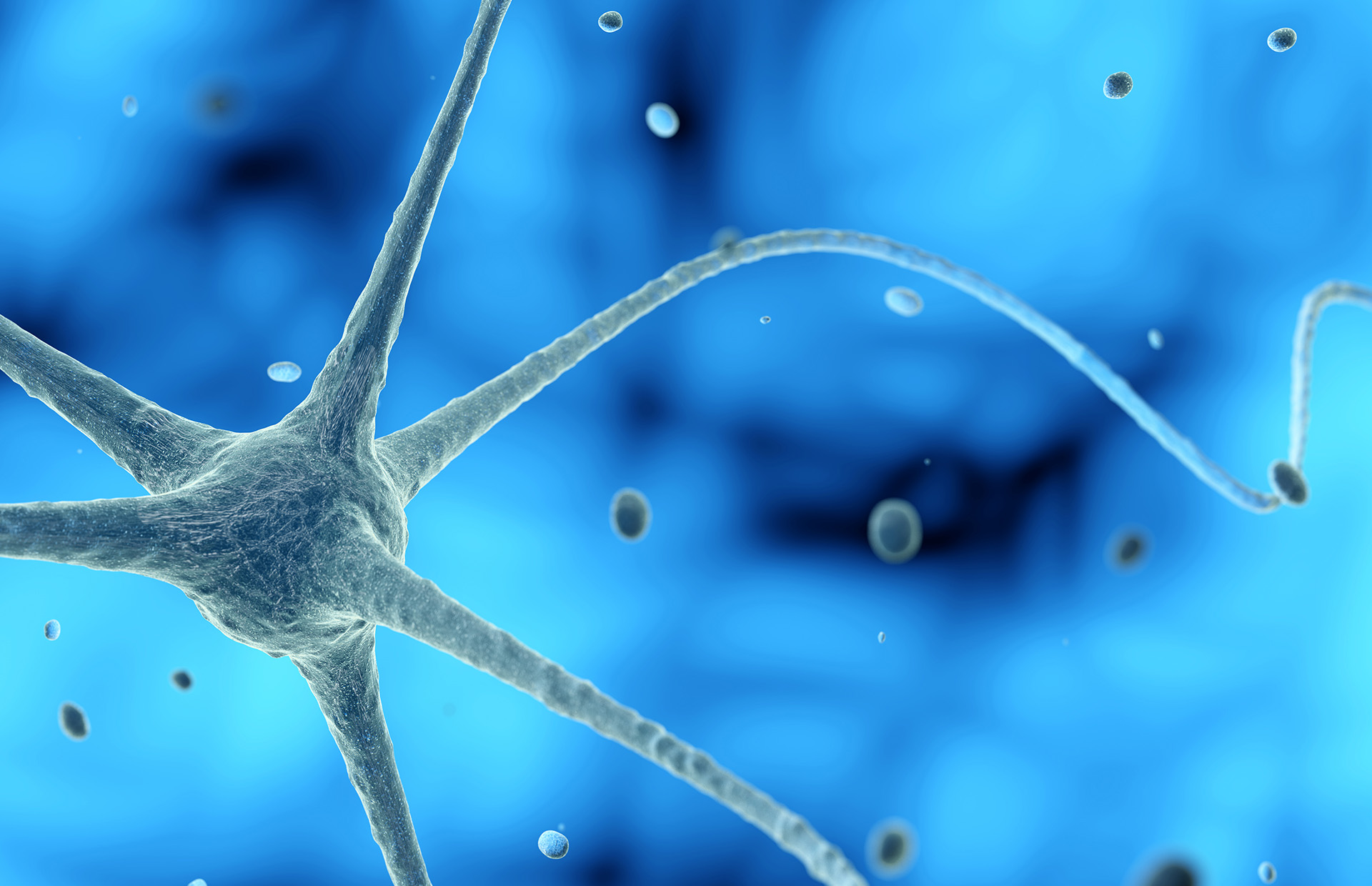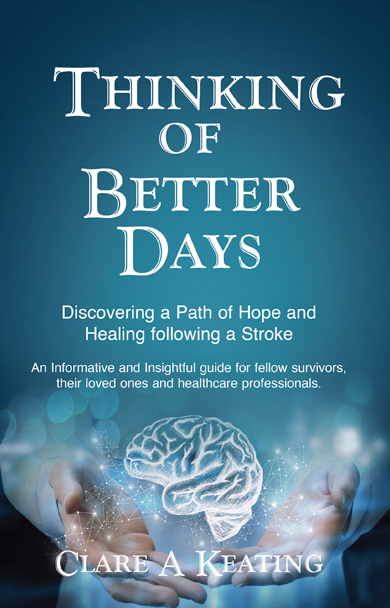
As you know, the American Stroke Association (ASA) states that 80% of all stokes are preventable. That is definitely good news, but some may
understandably ask, “Is it really possible for me to prevent a stroke?” Many of us have a family history of heart disease or stroke, which can put us in a higher risk category. The fact remains that while we have little or no control over a couple of risk factors, namely age and family medical history, we can still eliminate or greatly reduce our chances of being affected by many health problems.
Genetics can predispose us to certain medical conditions. It is estimated that about 40% of common chronic health conditions have a genetic component, but it is also true that about 25% of those come from sharing the same household, social influences and other factors related to the environment you were brought up in and live in. You know, the nature or nurture considerations. That is where ‘preventable’ comes into play. Lifestyle changes are not only possible but will be lifesaving.

You can start today to decrease your chances of having a stroke or if you have already had one, in having a another one. A few lifestyle changes that will help dramatically, include:
1. Stop Smoking
2. Lose Weight
3.Alcohol in moderation
4. Lower salt intake
5. Eat healthy
6. Exercise
Have a talk with your PCP about how you can minimize your underlying health risks and get them under control. Keep your known medical problems in check, especially:
1. Hypertension
2. High Cholesterol
3. Atrial Fibrilation
4. Atherosclerosis
5. Diabetes
6. Other chronic health problems

Reducing your risks,
Although not always easy
Can be lifesaving!

Thinking of Better Days is an interesting and thought-provoking story describing what it’s like to have a stroke. It is also packed with all manner of lifesaving and life-changing tidbits. I know you will be happy
that you read it.
Please feel free to share any thoughts, questions, or similar observations. Have you ever been forced to deal with a scary life-threatening health situation and how did you deal with it? Have you ever considered the could have, should have, would haves, when all was said and done?

